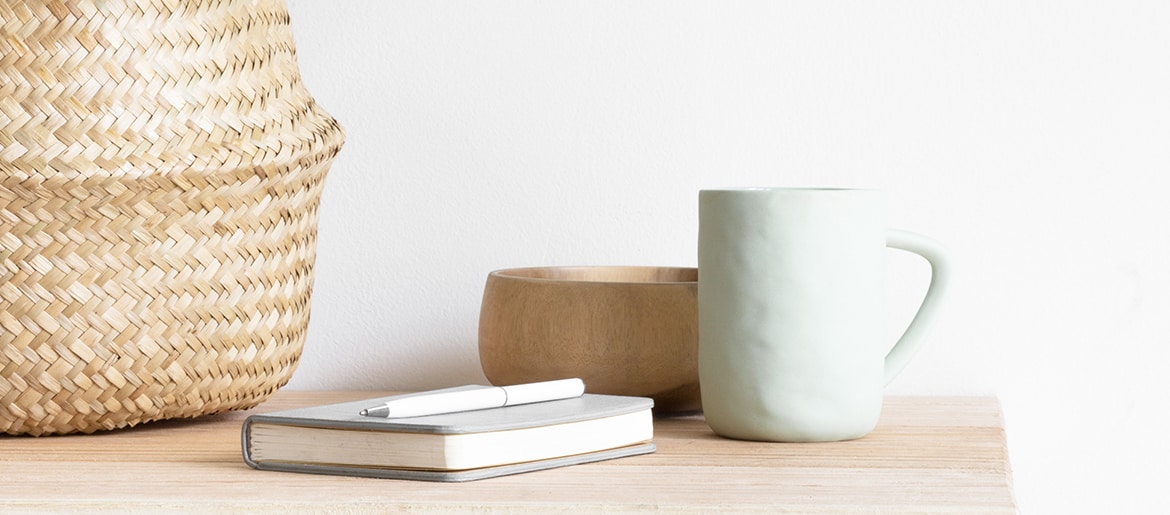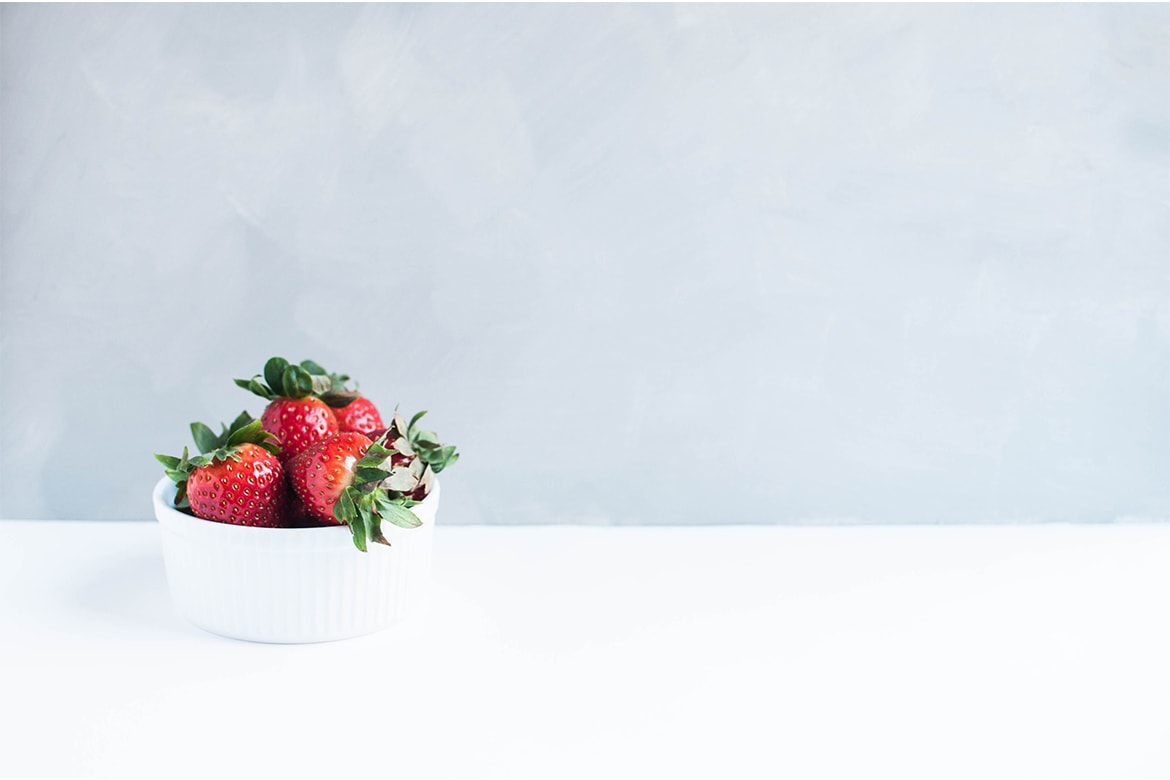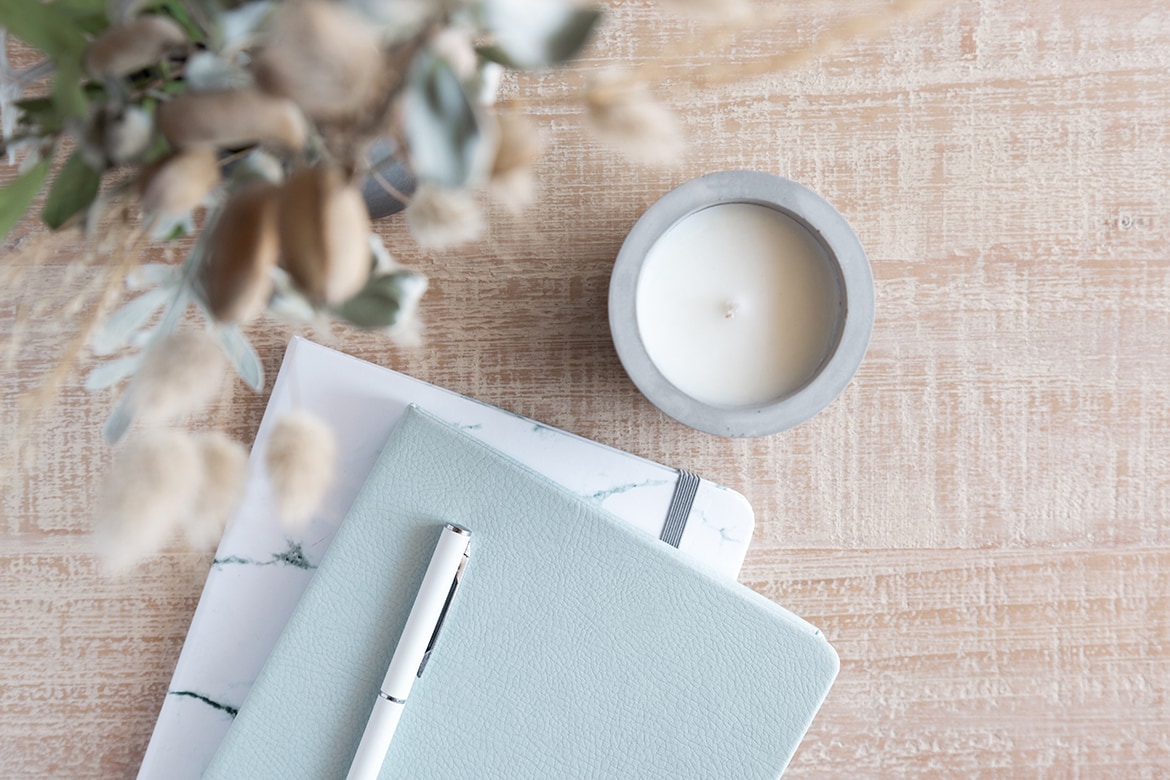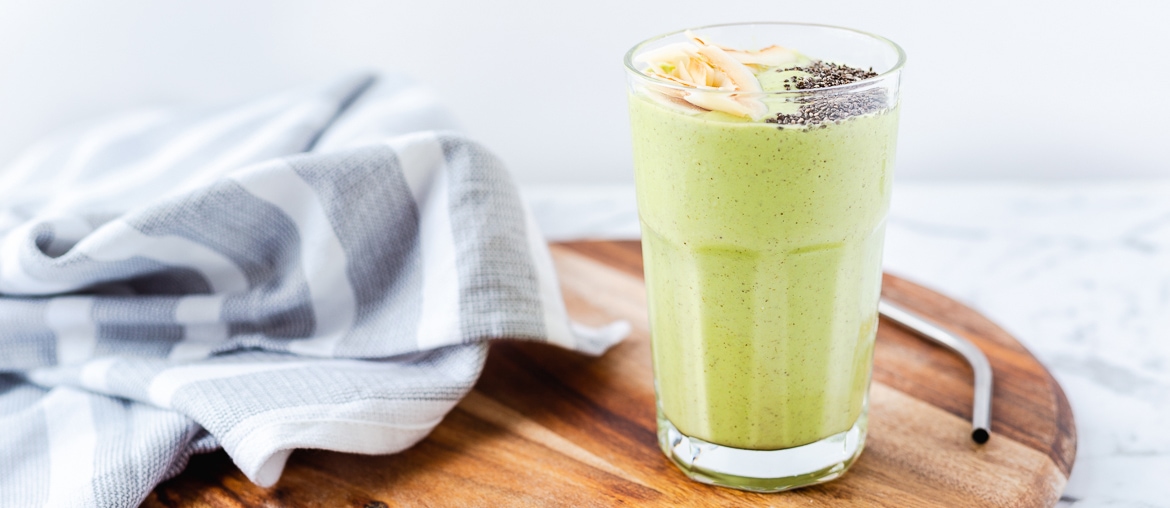There are so many factors that influence our relationship with food. So, having a healthy relationship with food can be really hard. You may see messages out there labelling foods as either “good” or “bad” and “clean” or “dirty”, and this can make it so confusing when you’re trying to work out what you should or shouldn’t eat.
This confusion often leads to strict food rules being put in place. Some of you may even allow yourself a “cheat” day or meal, when anything goes. Yet, as soon as you eat, you are filled with immense guilt and maybe some shame about the food choices you’ve made.
It’s important to know that food is more than just physical nourishment that you need to live. It is something we, as humans, share with others. It is a way of connecting with different cultures, trying something new and experiencing enjoyment. Have you ever noticed how a certain dish or aroma floods your mind with memories? That is also part of the whole eating experience which, many people miss out because of outside distractions.

There are so many elements to consider that influence our individual and unique relationships with food. These include social, family, psychological, economical, and cultural factors.
As we’ve established food is something that you cannot live without. It is there every single day of your life, for as long as you live.
Now there is a decision that you need to make.
You can either take every opportunity when you eat, as one that will nourish both your mind and body, or one that will overwhelm you with stress and anxiety.
I used to be the latter, Maybe you currently find yourself in that place as well.
When I stressed about food it contributed to a lot of unhealthy behaviours. I used a lot of unhealthy coping mechanisms to deal with the feelings I was experiencing. It’s not uncommon for food to be used as a band aid solution and way of handling negative feelings such as stress, numbness, anxiety or boredom. This can be detrimental to your health as in the long term. It can cause further negative feelings and increase your stress around food.
When I began to develop a healthier relationship with food, it finally showed me that it was possible to have balance.
What does this mean for you?
Well if you are someone who struggles with their relationship with food, it means that it is possible for you to cultivate a healthier relationship with food too.
It is not impossible but, it is also not something that will happen overnight. It requires a lot of compassion, patience and kindness towards yourself, and of course practice.
What does a healthy relationship with food look like?
It is difficult to define a ‘healthy relationship with food’ because in itself ‘healthy’ is different for everyone. We are all unique and therefore there is no one size fits all approach to health and eating. What works for one person, may not work for you which is why it is so important to learn to listen to your body.
Having a healthy relationship with food, starts by not demonising any food groups. Gluten is not bad for you (unless you are allergic or intolerant) and carbohydrates are not going to cause to ‘get fat’. It means no longer having a black and white attitude towards food and no longer categorising them as good/bad, on/off limits or clean/dirty. Finally, it’s knowing that all foods can fit into your lifestyle.
You deserve all food, whether you have worked out or not. You still deserve to nourish your body with dinner when you are hungry, even if you ate a whole pack of biscuits at afternoon tea.

Some simple things you can begin to explore when starting out on this journey include asking yourself the following questions:
- What does a healthy relationship with food look like to you?
- What is stopping you from developing a healthy relationship with food?
- What steps can you begin to implement on a day to day basis to help you develop a healthy relationship with food?
- What emotions do you feel around mealtimes and your food choices?
- Shine a light on those emotions and thoughts you have around food and call them out. This will help you reframe your mindset.
Remember this will take time and practice and it is a journey. There will be days where your inner monologue is positive and the next day your thoughts are completely negative. It’s ok to have setbacks. This is all part of the process. There is no such thing as perfect.
If you are looking for more guidance as you begin to take this journey, I’d love to have you join my FREE 7-Day Mindful Eating Challenge. It will help you learn some simple techniques to include in your day-to-day routine so that you can begin to heal your relationship with food. You can read more about it here.







